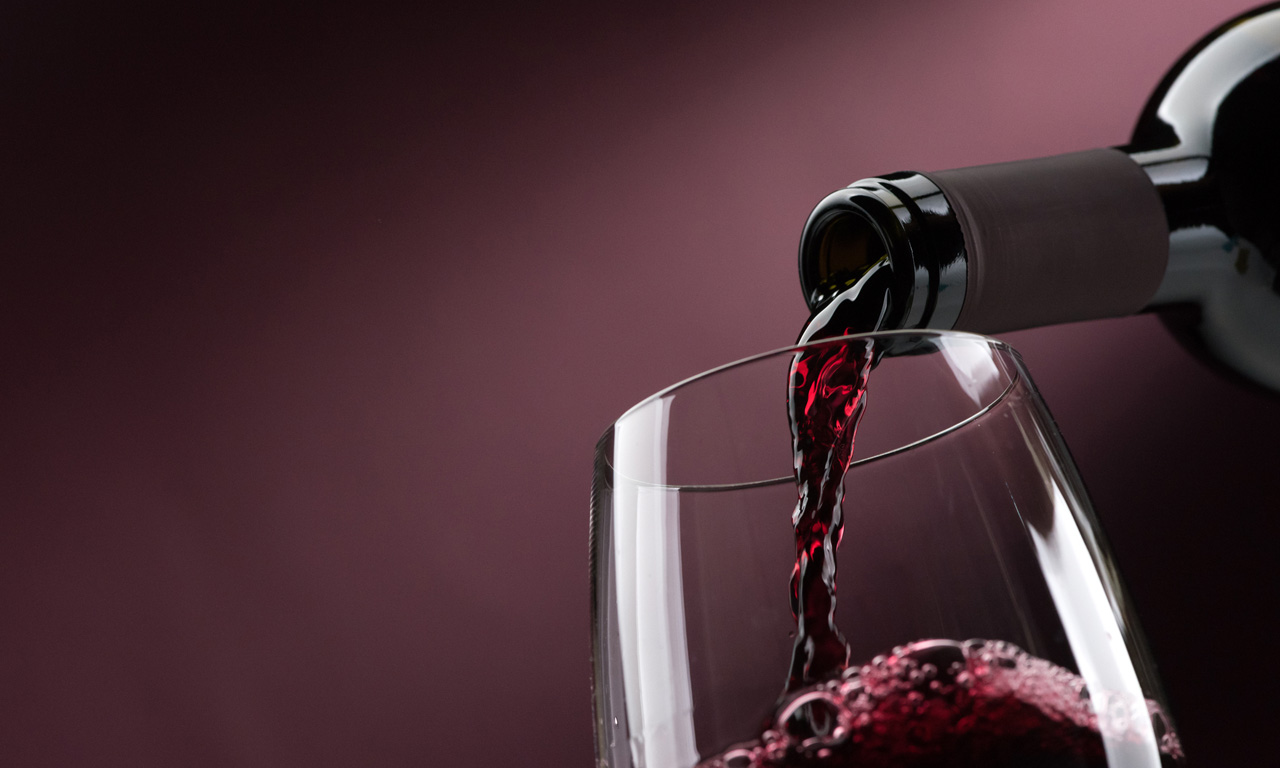Alcohol is an important part of the Australian culture and way of life. Unfortunately, the nation’s love affair with alcohol has made it the most commonly treated drug according to the Alcohol and Other Drug treatment services (AODs).
There is an extensive list of health-related risks associated with long-term alcohol misuse, and the statistics are sobering. An estimated 1 in 6 people consume alcohol at levels placing them at lifetime risk of an alcohol-related disease or injury, and almost one-quarter of Australians aged 14 years and over reported being a victim of an alcohol-related incident in 2016.
Acute alcohol poisoning can be fatal, and acute alcohol withdrawal can be a medical emergency. Overcoming alcohol misuse and abuse is a marathon not a sprint. It is a long and difficult journey – often fraught with relapses – and ongoing treatment may be required. Long-term management of alcohol dependence involves counselling programs and group or individual support. Drug treatment alone is relatively ineffective. Patients managed with psychosocial interventions and pharmacological treatment have more success abstaining from alcohol.
The three main drugs currently used are acamprosate (similar structure to GABA – unclear mechanism, and might involve restoring normal activity in glutamate and GABA systems); naltrexone (opioid antagonist – in alcohol dependence, it reduces craving for alcohol and possibly some of the pleasurable effects by blocking the effects of endogenous opioids); and disulfiram (irreversible aldehyde dehydrogenase inhibitor, preventing usual alcohol metabolism – blocking acetaldehyde breakdown which causes unpleasant effects if alcohol is consumed).
A fourth contender
The idea for using baclofen for alcohol dependence initially came from anecdotal experience by a doctor self-prescribing and experimenting with baclofen for his own alcohol addiction, which he then published in a book for the general public.
Baclofen is a structural GABA analogue (GABAB agonist) that inhibits neurotransmission at the spinal level and depresses the central nervous system. This makes it useful as a muscle relaxant, and it is indicated for use in chronic spasticity associated with multiple sclerosis, spinal cord lesions or of cerebral origin.
Animal research models have suggested the GABAB system is important for the development and maintenance of alcohol dependence, given its location in the mesolimbic reward system in the brain, and involvement in modulating dopamine neurotransmission.
Various trials over the years have investigated the effectiveness of baclofen: in different sized studies, using doses ranging from 30–300 mg daily, over different trial periods, with varying trial designs (open label, double blind, placebo controlled), and in conjunction with standard care.
Trials have also used different endpoint measures, and sometimes have looked at endpoint measures using non-standardised terms.
Findings so far
Some trials found baclofen to be helpful in helping patients, e.g. maintaining total abstinence or reducing relapse, alcohol craving and consumption. However, others have not found these effects to be significant, or have concluded baclofen is no different from a placebo. Authors of a 2017 Cochrane Systematic Review on baclofen for alcohol withdrawal said it was not possible to comment on efficacy and safety due to insufficient and low-quality evidence available.
Nevertheless, ongoing collation of high-quality data would help provide more clarity around the clinical usability of baclofen for alcohol dependence, and other options that are sometimes used off-label for this same purpose. Investigation into expanding the selection of currently available pharmacological treatment for alcohol dependence is certainly a positive.
The other important question that needs to be answered is the long-term effectiveness of baclofen in alcohol dependence, given this can be a lifelong journey for some people.
Useful References
1. Müller CA, Geisel O, Pelz P, et al. High-dose baclofen for the treatment of alcohol dependence (BACLAD study): a randomized, placebo-controlled trial. Eur Neuropsychopharmacol 2015;25(8):1167-77.
2. Beraha EM, Salemink E, Goudriaan AE, et al. Efficacy and safety of high- dose baclofen for the treatment of alcohol dependence: a multicentre, randomised, double-blind controlled trial. Eur Neuropsychopharmacol 2016;26(12):1950-1959.
3. Liu J, Wang LN. Baclofen for alcohol withdrawal. Cochrane Database Syst Rev 2017 Aug 2018:CD008502. doi: 10.1002/14651858.CD008502.pub5.



 This CPD activity is supported by an unrestricted education grant by Reckitt.[/caption]
This CPD activity is supported by an unrestricted education grant by Reckitt.[/caption]

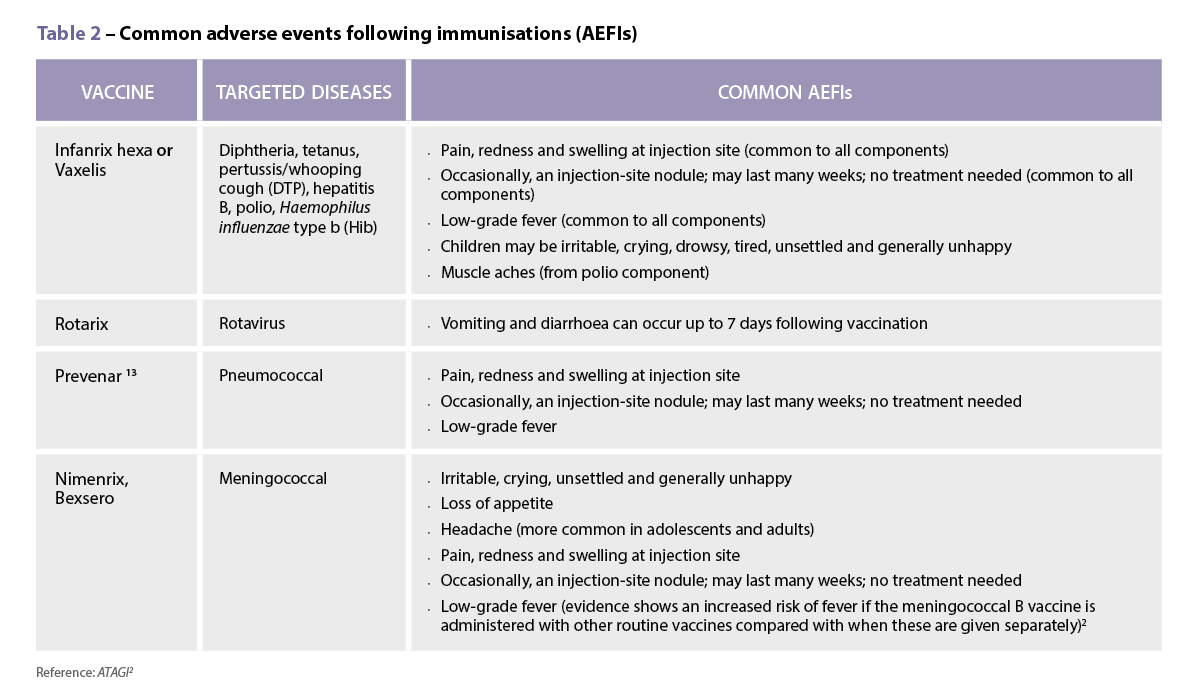
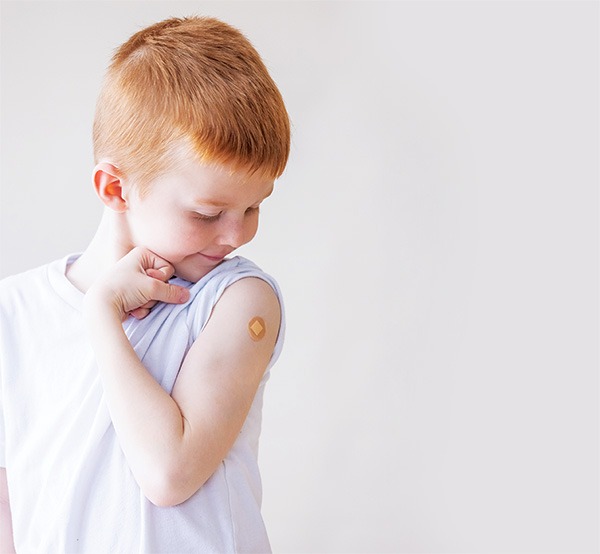
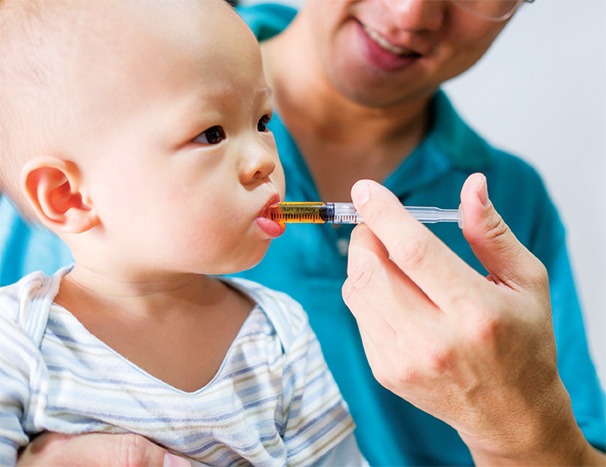

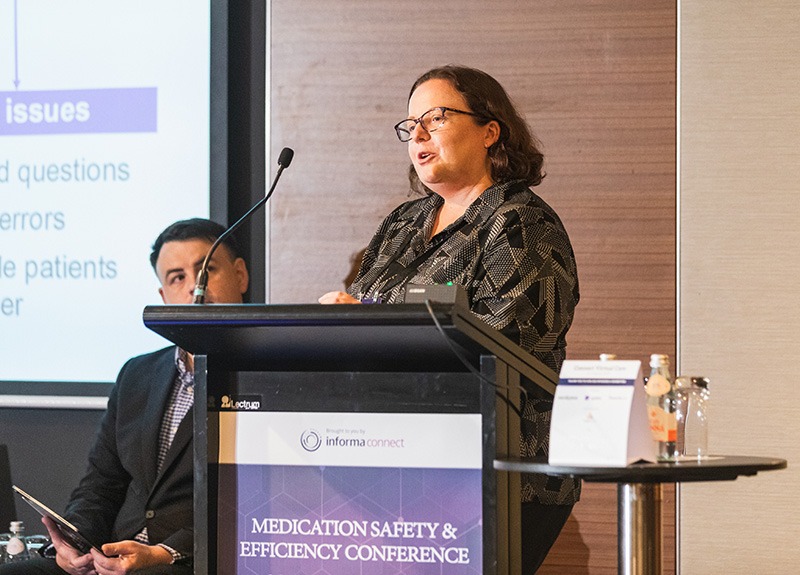 Jess Hadley, community pharmacist and Professional Officer at PDL[/caption]
Jess Hadley, community pharmacist and Professional Officer at PDL[/caption]
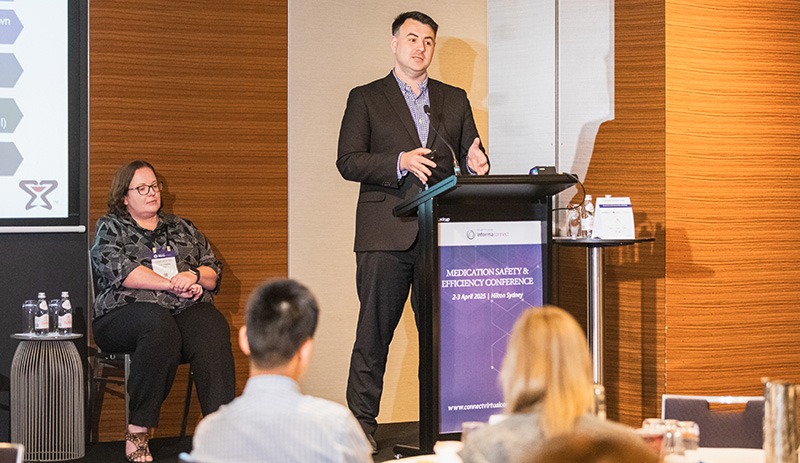 Peter Guthrey, Senior Pharmacist – Strategic Policy at PSA[/caption]
Peter Guthrey, Senior Pharmacist – Strategic Policy at PSA[/caption]
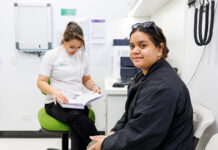

 Professor Margie Danchin[/caption]
Professor Margie Danchin[/caption]

 Dr Peter Tenni[/caption]
Dr Peter Tenni[/caption]
 How should we deprescribe gabapentinoids, according to the Maudsley Deprescribing Guidelines[/caption]
How should we deprescribe gabapentinoids, according to the Maudsley Deprescribing Guidelines[/caption]
